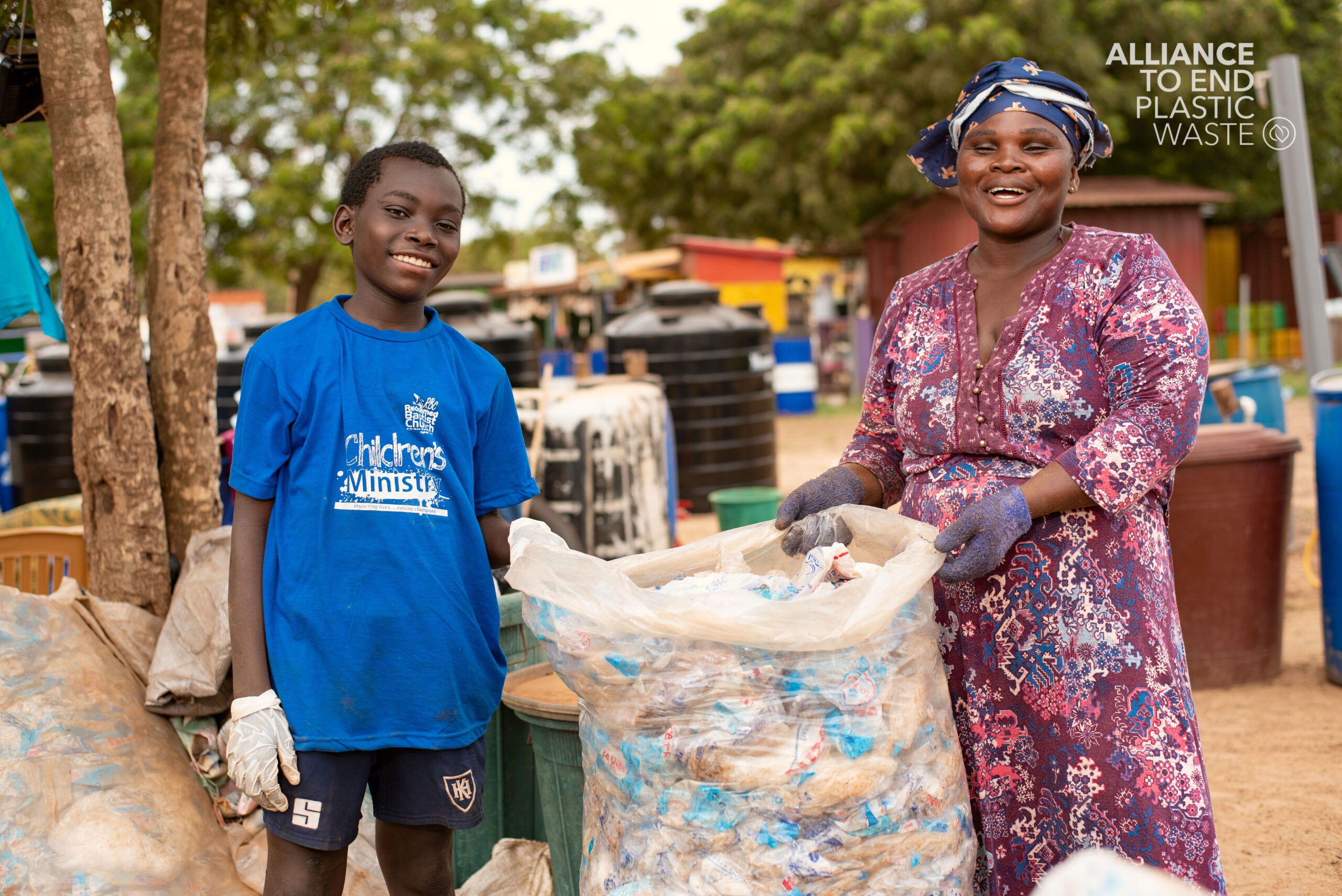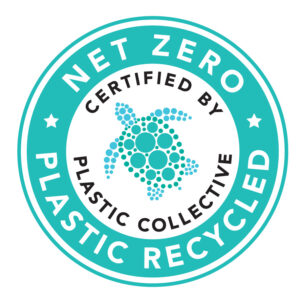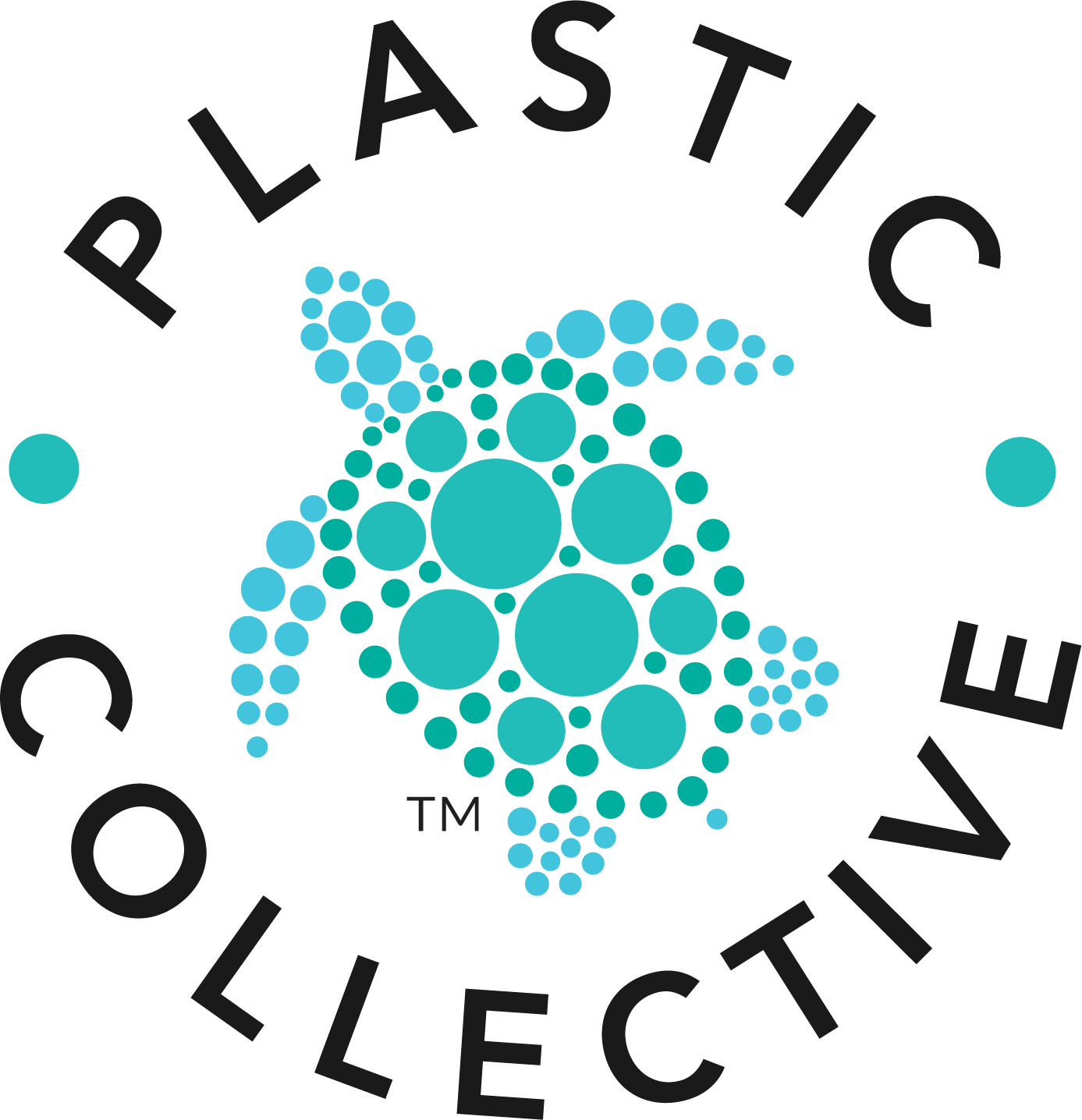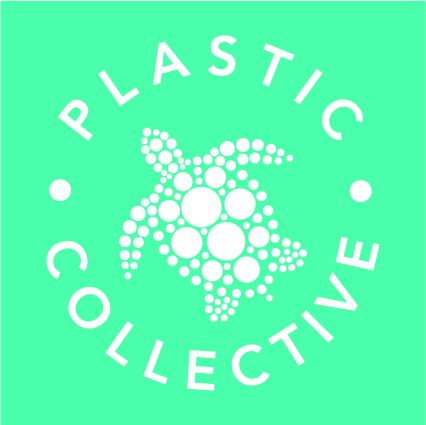At Plastic Collective, we believe that real change happens when brands take meaningful action to address their plastic use. Our mission is to empower companies to manage plastic responsibly and work towards a sustainable, circular economy. One of the standout brands leading the way in this effort is Retrouvé, a luxury skincare brand committed to both high-quality products and reducing its environmental impact.
As more brands recognise the urgency of the plastic crisis, Retrouvé has stepped up, joining forces with Plastic Collective to achieve plastic neutrality through plastic credits. This collaboration not only showcases Retrouvé’s leadership in the beauty industry but also serves as a powerful example of how partnerships can drive positive, measurable impacts for both businesses and the planet.
Retrouvé: Addressing its Plastic Footprint
Retrouvé’s commitment to sustainability is rooted in the belief that luxury skincare can be achieved without compromising the health of the planet. As part of its environmental strategy, Retrouvé has partnered with Plastic Collective to neutralise its plastic footprint and implement a long-term strategy to mitigate its impact.
To achieve this, Retrouvé is supporting the ASASE Foundation, a pioneering plastic recovery project in Ghana that is making waves as the first African initiative certified under Verra’s Plastic Waste Reduction Standard.
Ghana, like many developing countries, faces a serious plastic waste crisis. Rapid urbanisation has overwhelmed waste management infrastructure, leaving vast amounts of plastic uncollected. Plastic waste in Ghana is overwhelmingly mismanaged, with plastic either burned or dumped into the environment, contributing to severe pollution of land and water bodies. During periods of heavy rain, plastics clog drainage systems, exacerbating the threat of flash flooding.
The ASASE project is not only addressing the plastic waste issue but also advancing social development through its Social Plus Standard certification. This certification recognises projects that have a meaningful, positive impact on the social well-being of communities, particularly those that focus on gender equality, poverty alleviation, and fair working conditions. The ASASE project empowers women entrepreneurs by providing them with the tools and training to build sustainable businesses around plastic waste collection and recycling. By fostering these local enterprises, the project helps create stable, long-term livelihoods for women and other marginalised groups in Ghana.
Moreover, the project has been selected for the World Bank’s first-ever plastic waste reduction-linked bond, a groundbreaking initiative aimed at driving investment into sustainable waste management solutions. This bond links financial returns directly to the achievement of measurable plastic waste reduction outcomes. Being chosen for this initiative underlines the ASASE project’s credibility and impact, setting a global precedent for aligning financial investments with environmental and social outcomes.
The ASASE Foundation’s project is helping to address these issues by building a community-based plastic collection and recycling network. Focusing on areas with minimal waste management services, such as the Greater Accra Region, the project empowers local waste pickers, many of whom are women, to collect plastics like LDPE, PET, and HDPE. The collected waste is sorted and processed into usable products, such as pellets, which are sold to manufacturers. This creates a circular economy while reducing plastic leakage into the environment.
By investing in ASASE via the purchase of impact certificates (aka plastic credits), Retrouvé is supporting the collection, recycling, and repurposing of plastic waste, while also helping to build a sustainable waste management infrastructure in a country where this is critically lacking.
This partnership reflects Retrouvé’s holistic approach to sustainability, going beyond product development and taking responsibility for the full lifecycle of the plastic materials it uses. Through Retrouvé’s partnership with Plastic Collective, the brand has chosen to invest in the ASASE project, which not only recovers plastic but also creates economic opportunities for local communities in Ghana. This effort not only reduces plastic pollution but also improves local livelihoods, making it a win-win for both the environment and society.
Retrouvé’s mitigation strategy highlights how brands can take immediate and effective action to reduce their environmental impact, even in industries where plastic use is difficult to eliminate entirely, such as beauty and skincare.

Building Consumer Trust Through Transparency
One of the reasons Retrouvé’s partnership with Plastic Collective stands out is its commitment to transparency. Consumers today are more conscious than ever of the environmental impact of the products they purchase. By achieving 100% Net Plastic Recycled certification, Retrouvé provides clear evidence of its plastic recovery efforts and builds trust with environmentally conscious consumers.
The 100% Net Plastic Recycled certification is the second of three certifiable goals available to brands through Plastic Collective’s plastic stewardship programme. It verifies that for every gram of plastic used in a brand’s products and packaging, an equivalent amount of plastic has been recovered and recycled, ensuring a net-zero plastic impact. This certification highlights that a brand is taking responsibility for offsetting its entire plastic footprint, a crucial step in creating a sustainable, circular economy.
Plastic Collective’s certification tiers offer brands a roadmap to increasing levels of commitment to plastic neutrality:
1) Net Zero Plastic Waste: The first tier, where brands ensure that their plastic use is fully offset by plastic waste collection, balancing their impact.
2) 100% Net Plastic Recycled: The second tier, which goes further by ensuring that not only is the plastic offset, but it is specifically recovered and recycled, closing the loop on plastic waste.
3) Plastic Positive: The highest tier, where brands actively contribute to the recovery and recycling of more plastic than they produce, driving positive environmental impact.
At Plastic Collective, we work with brands to implement transparent, accountable plastic mitigation strategies, ensuring that every action taken is verifiable and impactful. For Retrouvé, this has meant providing their customers with the assurance that their purchases are not contributing to the plastic waste crisis, but are instead part of the solution.

Retrouvé’s Role in a growing movement
Retrouvé is part of a larger movement of forward-thinking brands that are taking responsibility for their plastic use. By partnering with Plastic Collective, they are leading the way for other luxury skincare brands to follow. Their commitment to plastic neutrality demonstrates how sustainability can be integrated into a business, while still maintaining the quality and luxury their customers expect.
At Plastic Collective, we are proud to work with brands like Retrouvé, who are not only focused on reducing their own plastic footprint but are also helping to drive the conversation around sustainability across their industry. These partnerships are critical in the global effort to reduce plastic pollution and create a more sustainable future.
Join the movement
The success of brands like Retrouvé serves as a reminder that sustainability is achievable for any company willing to take the right steps. By working with Plastic Collective, brands can measure their plastic use, reduce waste, and offset the rest through plastic credits.
For other companies looking to make an impact, Retrouvé’s journey offers an inspiring example of what’s possible when sustainability becomes a core business value. Through strategic partnerships, transparent reporting, and investment in plastic recovery projects, any brand can begin to tackle its plastic footprint and become part of the global movement for positive change. Contact us to find out more about how your company can embark on a similarly inspiring journey.


